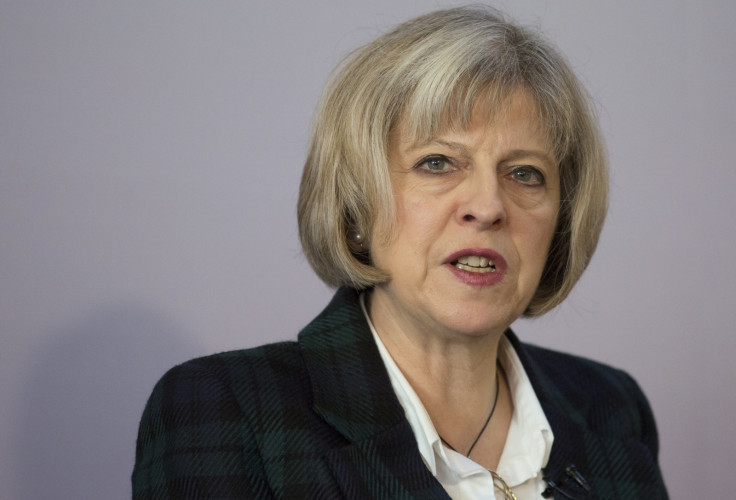Child abuse inquiry members to discuss troubled review with MPs

Members of a team carrying out the government's child abuse inquiry are due to appear before MPs.
Experts involved in the inquiry, which has got off to a stuttered start following the loss of two of its chairmen, will answer questions in front of the Home Affairs select committee.
Prof Alexis Jay, who wrote the damming report revealing how hundreds of children were sexually abused in Rotherham for years, will appear before the committee along with panel members Drusilla Sharpling and Prof Jenny Pearce.
The inquiry was set up in July by Home Secretary Theresa May over allegations of a high-profile Westminster paedophile ring in the 1980s.
May recently spoke of how she intended to get the inquiry back on track following the resignation of its two first choice chairmen Fiona Woolf and Baroness Butler-Sloss because of their links to the establishment.
Abuse victims involved in the inquiry previously spoke of their frustration at how the review has stalled.
Meanwhile, the Local Government Association (LGA) will a hold a summit to discuss how to protect children from abuse and discuss previous failures to do so.
The body, which represents councils in England and Wales, claimed that work already being done to tackle child abuse and neglect was being overlooked by official inspections.
David Simmonds, chairman of the LGA's children and young people board, said: "Keeping children safe is the most important thing that councils do, but we know we cannot do it alone.
"Protecting children does not fall only to councils, but to the police, health services, schools and local groups. Inspections must reflect this. It is not fair to the children we are working to protect that Ofsted inspections only focus on council children's services, failing to properly assess the essential work done by other organisations.
"Today's local government summit on child sexual exploitation brings together council leaders with police, the NHS and children's charities. We all recognise that it is only by working together to improve the way we protect children in the future that this evil crime can be eradicated and victims given the confidence to come forward.
"We need scrutiny processes to adopt the same approach, so every organisation involved in child protection is examined during an inspection. Councils are committed to this joint work; we need inspection processes to adapt so nothing falls through the cracks."
© Copyright IBTimes 2025. All rights reserved.




















